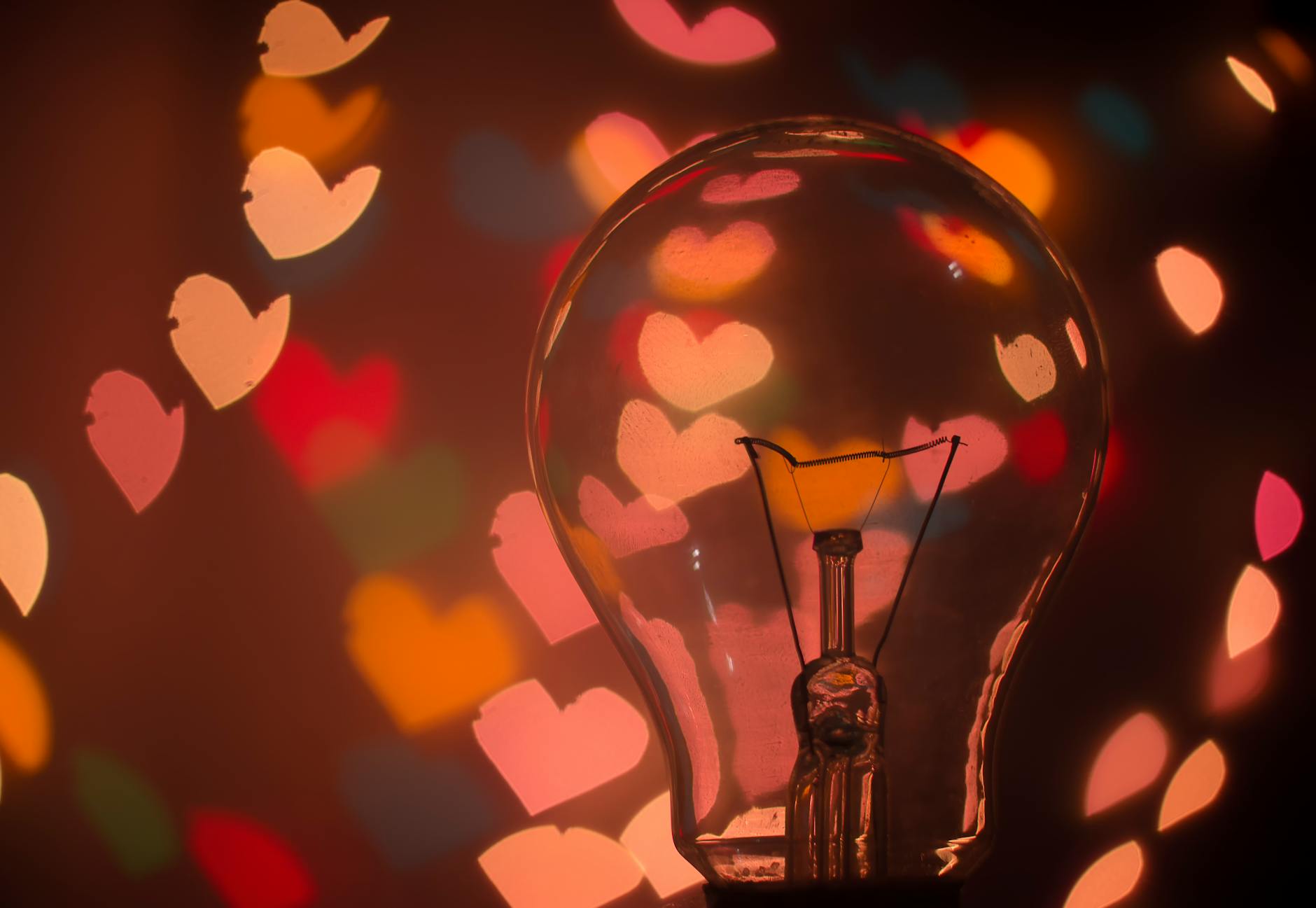
UNFKD Episode 18 – LOVE
"No hate like Christian love" - was the prompt for this episode. A comment on a social media post was met with this response. And I[…]

UNFKD – Episode 17 – HELL
he problem only arises, or at least should, if we indulge in literalism and fail to read the bible, as I believe it should be[…]

UNFKD Episode 16 – THE ASCENSION
o where is it? In truth, attempting to grapple with any literal interpretation of the Ascension story is, I think, missing the point.At the top[…]

Jude on the Autistic Culture Podcast
Cults are Autistic (Episode 129) by Dr. Angela Kingdon In this episode we’re talking about Cults and Extremist religious movements in autistic culture. And why,[…]

FUBF Episode 34 – With Divine Provisions Co.
I had an absolute blast talking to Emily Larsen and Trey Comstock from Divine Provisions Co. They are both United Methodist pastors based in Houston[…]

FUBF Episode 33 with Ann Russo
I am delighted to release new episode and indeed a whole new season of Fkd Up By Faith! I had a great conversation in this episode[…]

We are the social network
If you are reading this, it might be because you received a message from me to say that I am deleting my Facebook and Instagram[…]

Unfkd Episode 14 – Liberation Theology
EPISODE TRANSCRIPT OPENING MUSIC Hello, welcome to this episode of UNFKD, the bonus series of my podcast Fucked Up by Faith, where I explore theological[…]

Jude on “Cut the Crap” Podcast
I was delighted to be a guest on the ‘Cut the Crap’ podcast with Trey and Emily from Divine Provisions Co. With their tagline, WARNING:[…]
